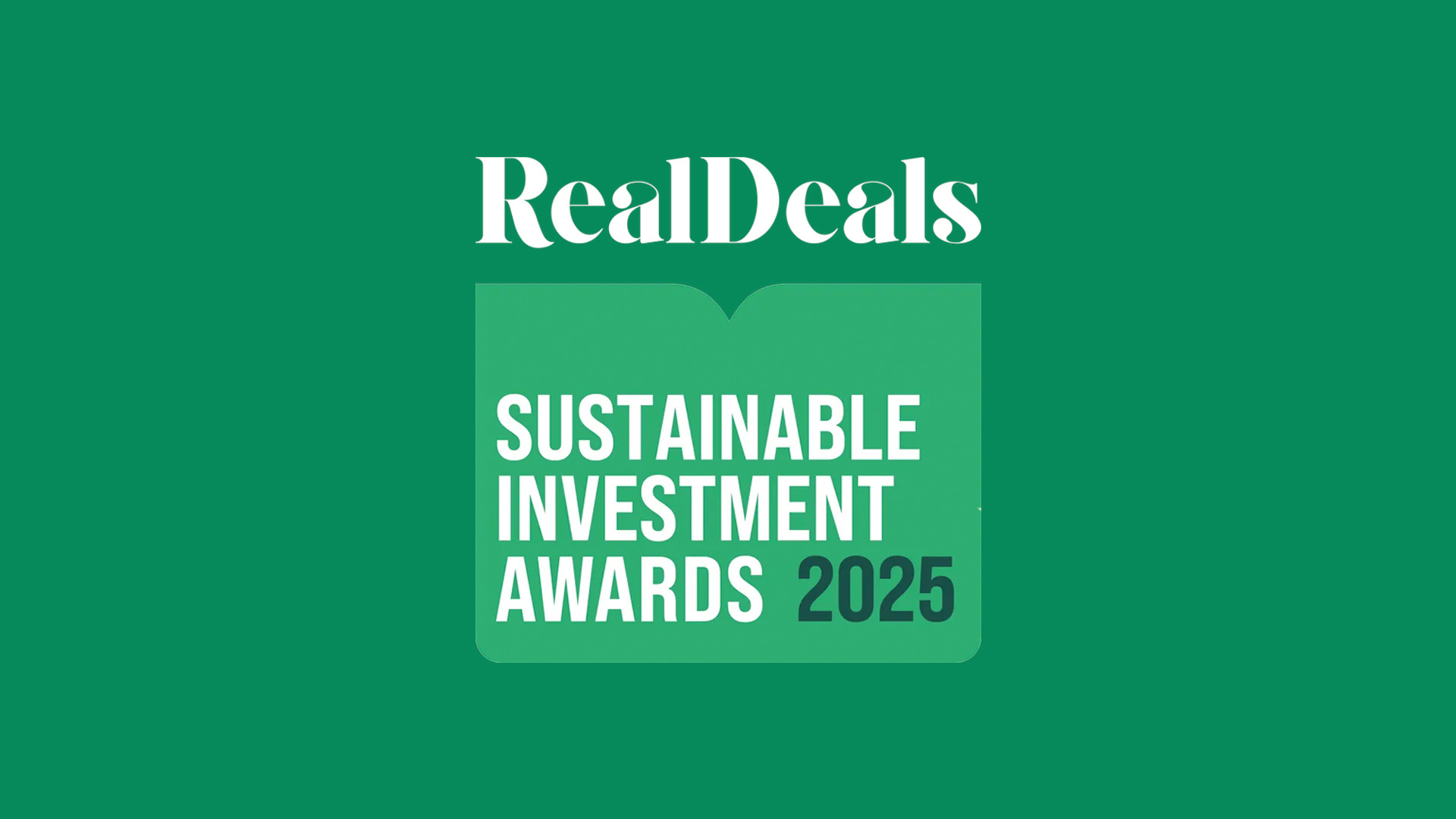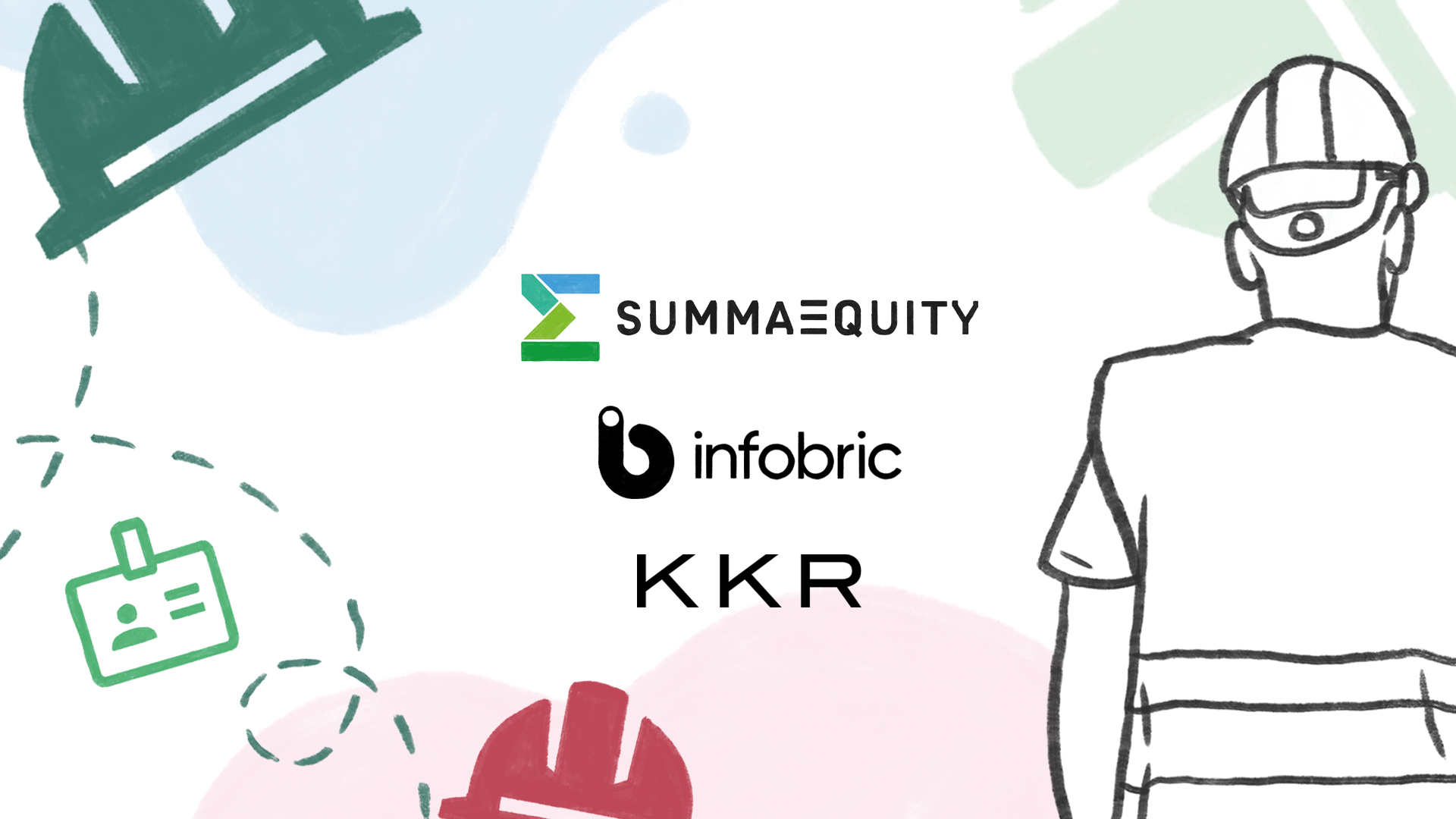Why the impact revolution will deliver better returns with Sir Ronald Cohen
Sir Ronald (Ronnie) Cohen is a preeminent philanthropist, venture capitalist, private equity investor, social innovator, and impact pioneer who is driving forward the global Impact Revolution. He’s also chairman of the Global Steering Group for Impact Investment and The Portland Trust, the Impact Weighted Accounts Initiative at Harvard Business School, as well as co-founding Apax Partners.
- Podcast
7 min read

For nearly two decades, Ronnie’s pioneering initiatives in driving impact investment have catalyzed a number of global efforts, ensuring private capital serves social and environmental good. All of which has been leading towards what he calls the Impact Revolution.
What is the impact revolution?
“If the tech revolution was driven by entrepreneurship, innovation, and the creation of a professional venture capital and private equity industry, the impact revolution is driven by a huge change in values away from creating damage to our environment and to our society, and to actually bringing solutions through business and investment.”
Thanks to the huge leaps in technology, artificial intelligence, and machine learning, says Ronnie, it’s enabled us to bring impact globally in ways that humanity could never contemplate before.
Also, says Ronnie, the fact that technology today enables us to measure in a very granular way, and to express in monetary terms, the impact a company creates, shows just how forceful impact transparency is.
“The impact revolution, like the tech revolution which preceded it, is causing huge disruption in business models.”
Just look at Tesla, says Ronnie, this is a fine example where optimizing risk return and impact, which is the basis of the revolutionary idea, has enabled a brand new company to become a leader in a 100 year old industry, and to not just lead, but to turn the whole industry toward electric vehicles.
“We’re going to see the same thing happening not just in fossil fuel based industries, but in finance, in construction, in every single sector.”
How to accelerate the translation to impact economies
The big acceleration toward impact economies is imminent, predicts Ronnie, within the next three to five years. The International Sustainability Standards Board (ISSB) under the umbrella of the organization that regulates financial accounting across the whole world (except the United States), is establishing standardized metrics for environmental and social impacts.
They’re insisting on mandatory disclosure of all environmental impacts for companies including supply chain impact. And in the EU, they’re imposing transparency on investment vehicles, forcing every investment manager in the world looking to access the European market to conform.
“This is what is going to accelerate the transition to what I call impact economies, where business and investment seeks to achieve not just the balance between risk and return, but the balance between risk, return and impact.”
These standards, adds Reynir, will allow you to essentially compare apples and oranges. The impact revolution is going to show you how future proof your portfolio really is – it’s going to affect valuations of many companies. And if you don’t have a good understanding of what is impacting your portfolio, you’ll have no clue how future proof it is, nor what your returns are going to be going forward.
“The name of the game has changed away from just looking at impact as risk, to looking at impact as a way to uncover investment and business opportunities.”
Businesses that don’t understand they need to be part of a positive solution, says Ronnie, are not only missing a huge opportunity, they’re facing a big risk.
Bringing finance to social entrepreneurs
At the age of 60, Ronnie received a phone call from the Treasury in the UK asking him to lead the task force to look at how the UK deals with poverty. The task force went on to publish a paper that basically said ‘we don’t do a good job of dealing with social issues that arise from poverty because we rely on government and philanthropy only.”
This was at a time when finance was becoming more readily available for entrepreneurs looking to create new technologies to improve themselves and the world around them. Now, says Ronnie, is the time to bring finance to social entrepreneurs who want to improve the lives of others.
Upon leaving the task force in 2005, Ronnie set about releasing unclaimed assets from bank accounts to create the Social Investment Bank, leading to the concept of social finance, which resulted in the social impact bond – the first security in history where the return depends on achieving social improvement.
“Today, we have $1.4 trillion in sustainability linked bonds and loans, where the rate of interest the company pays on the demand or its debt is reduced as they achieve certain environmental or social targets.”
From social investment to impact economies
In reality, says Ronnie, the impact revolution began in 2000 with the advent of social investment, because in order to access capital, transparency was required on the impact. And that transparency transforms everything. It transforms the valuation of companies, it enables governments to tax companies directly for the carbon emissions or other social ills, or to provide incentives directly. It even opens the door for entrepreneurs to identify industries that are creating negative impacts and disrupt them as Elon Musk, through Tesla, did.
And this is beginning to happen in every sector. It truly is a revolution, says Ronnie. It’s going to lead to a change in investment portfolios and the way private equity companies do business.
Don’t confuse impact investing with philanthropy
One sticking point, says Ronnie, is the persistent mindset that you have to make a trade off between impact and returns. Why? Because people confuse impact investing with philanthropy.
With philanthropy you give your money away. So clearly your return is non-existent. And people mistakenly think that if you’re trying to blend philanthropy and investment, you’re going to make less of a return.
But the truth is, says Ronnie, impact investing isn’t blending philanthropy and investment, impact investing is simply a new way of investing that delivers better financial returns, because it’s consistent with changing consumer preferences, utilizing new technologies.
So, how do you get people to commit to impact investing quickly and embrace it for the long term?
“I see the new generation of entrepreneurs bringing impact into their business plans. They are the ones who aspire to build the most disruptive companies. So they are in the know, they’re saying, ‘we are going to use impact today to achieve higher growth and higher profits, and the leadership position very often in a new field’.”
Make impact the center of your focus
If you want to be an entrepreneur, advises Ronnie, bring impact to the center of your business model. So the more profit you make, the more impact you’ve delivered. If you want to work for a big company on the other hand, pick a company that has values consistent with yours, then do your best to deliver the maximum impact. If you want to go into government, then push for the measurement of outcomes. If you join a philanthropic foundation, then focus on measuring outcomes and begin to use Pay for Success and get the endowment of your foundation to invest in a way tha ist consonant with your grant giving policies.
The world is changing, says Ronnie, and if you’re young, you want to be on the crest of this new wave.
“When I was 22, or 23 at the Harvard Business School, I sensed that something was in the air. Technology and entrepreneurship weren’t considered capable of overtaking big businesses, but I felt differently. I feel the same thing today.”
Right now, says Ronnie, change is connected with the environmental and social issues we face. Young people are scared by the potential outcomes of continuing down the road we’re traveling, and so they are leading a change in consumer preferences.
“If you want to be an entrepreneur today you need to make the most of the opportunity before you; you have to be conscious of this change, and bring impact into your business model.”
Ronnie’s advice to young entrepreneurs? Start young, think big, and stick with it.
The Summa Summarum newsletter
Sign up to our newsletter
Latest readings
News
Holdbart and Summa Foundation donate NOK 2 million to support food access in Norway
Read more
Securing the backbone of the digital economy: strengthening cybersecurity for SMEs
Read more
Summa Equity wins double honors at Real Deals Sustainable Investment Awards 2025
Read more
Summa Equity exits Milarex
Read more
Reflections from the Summa Summit and our 9th Annual Investor Meeting 2025
Read more